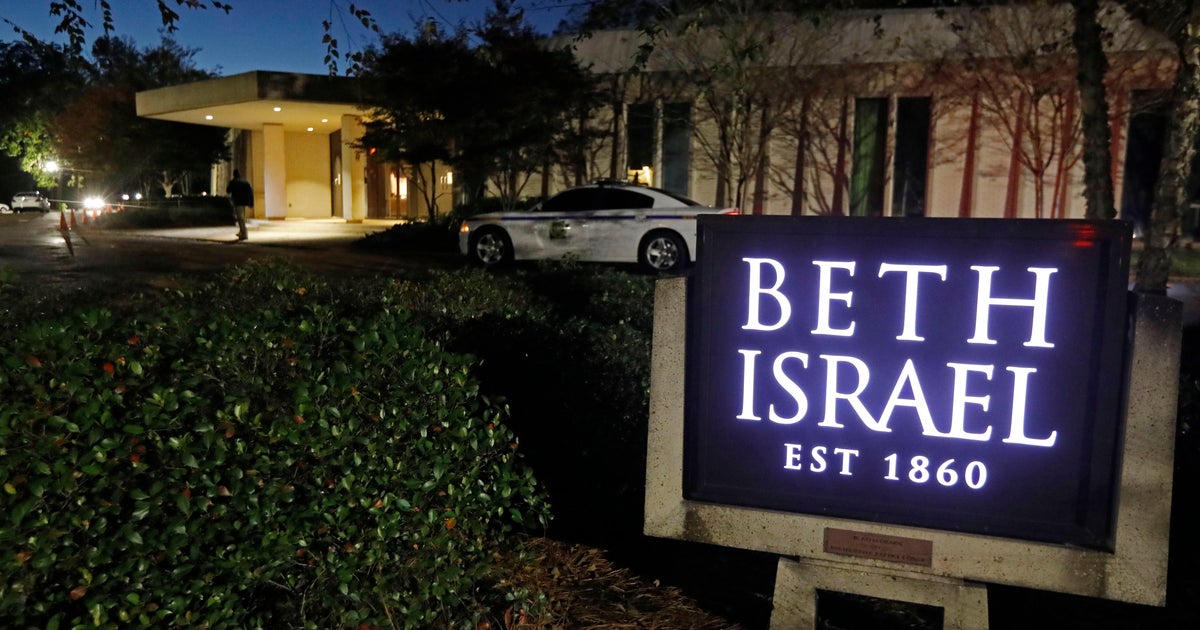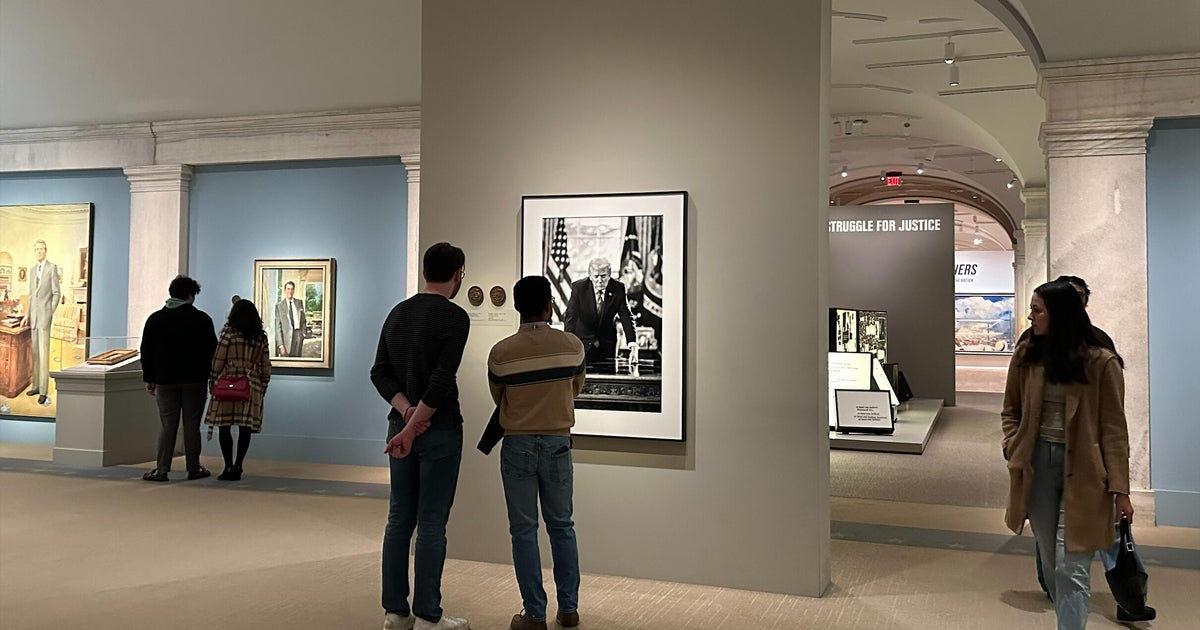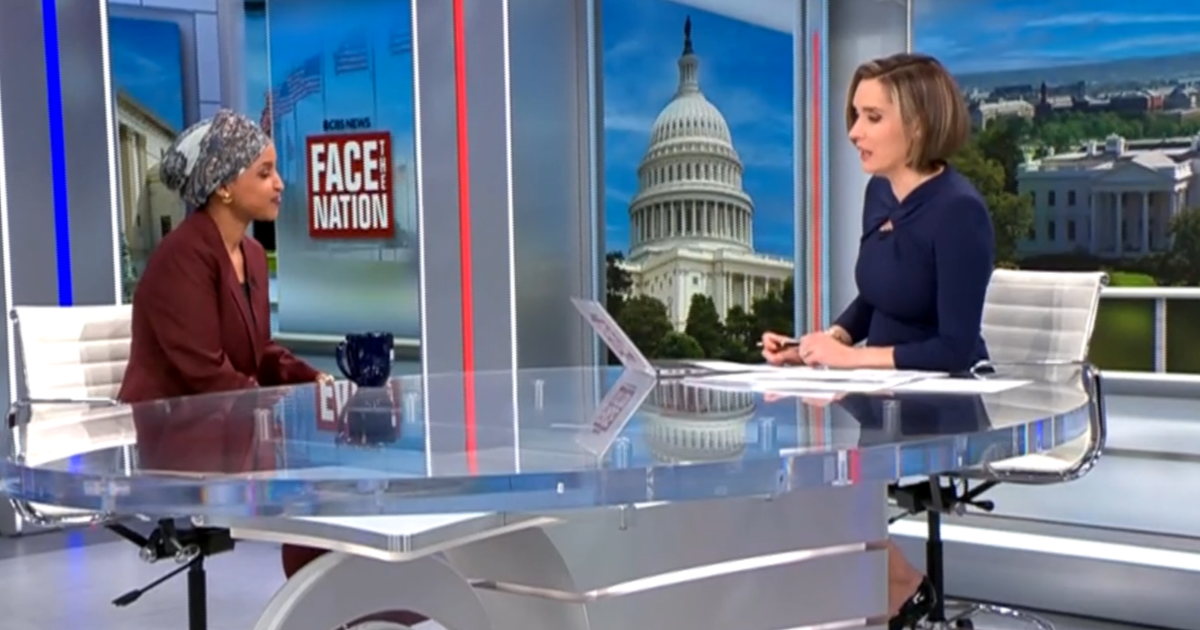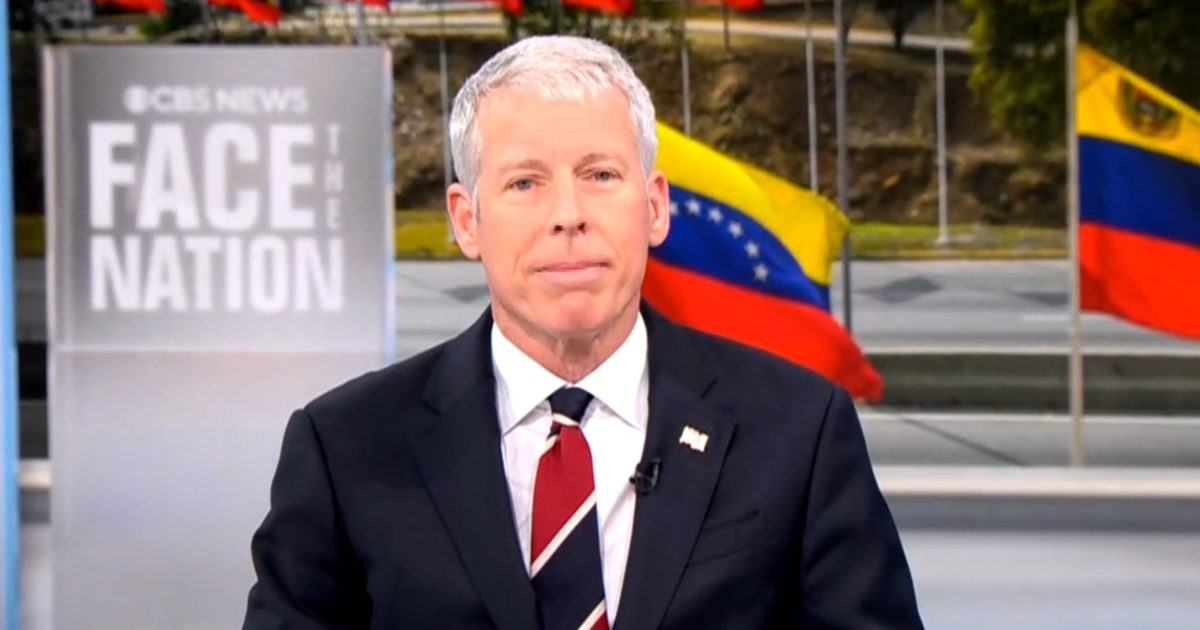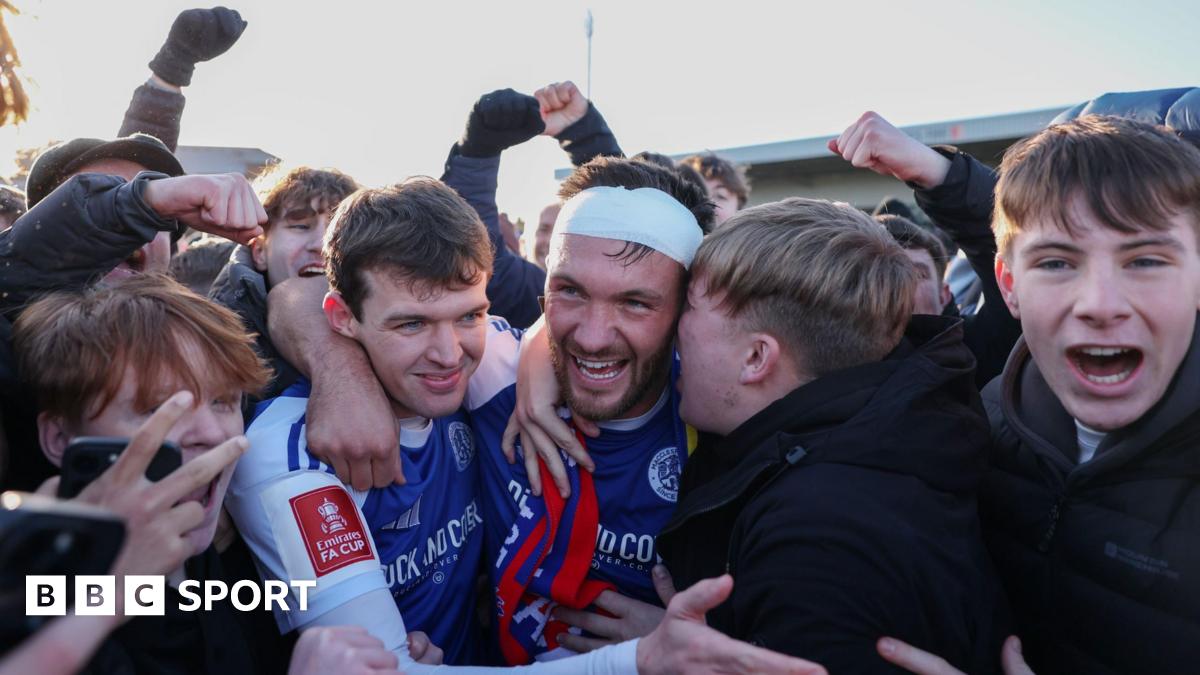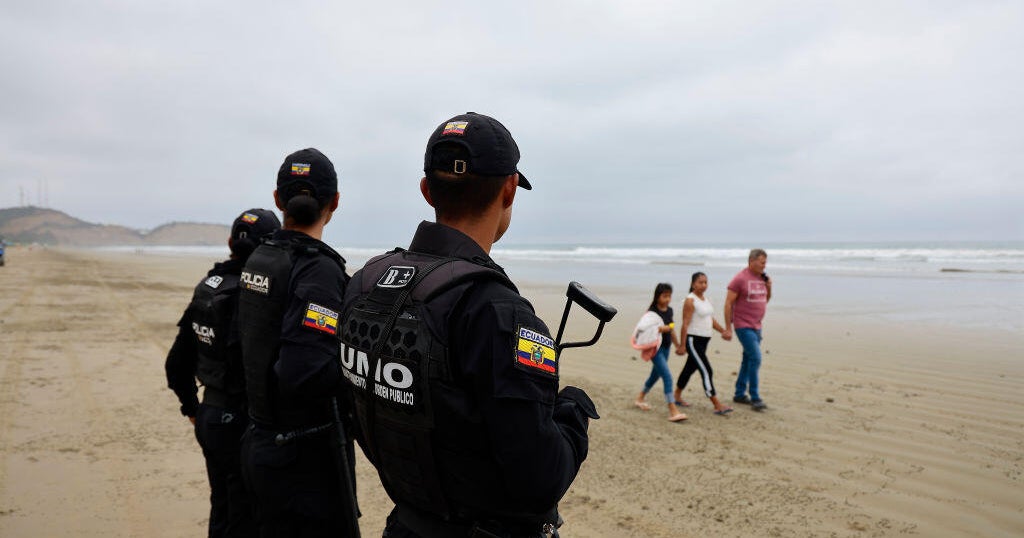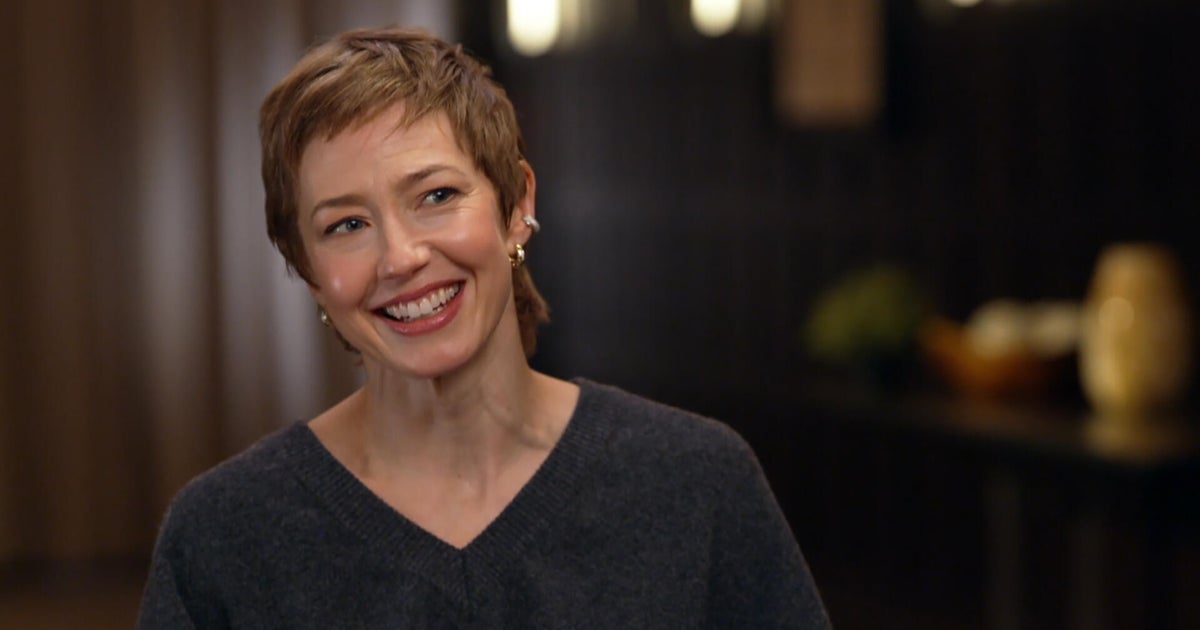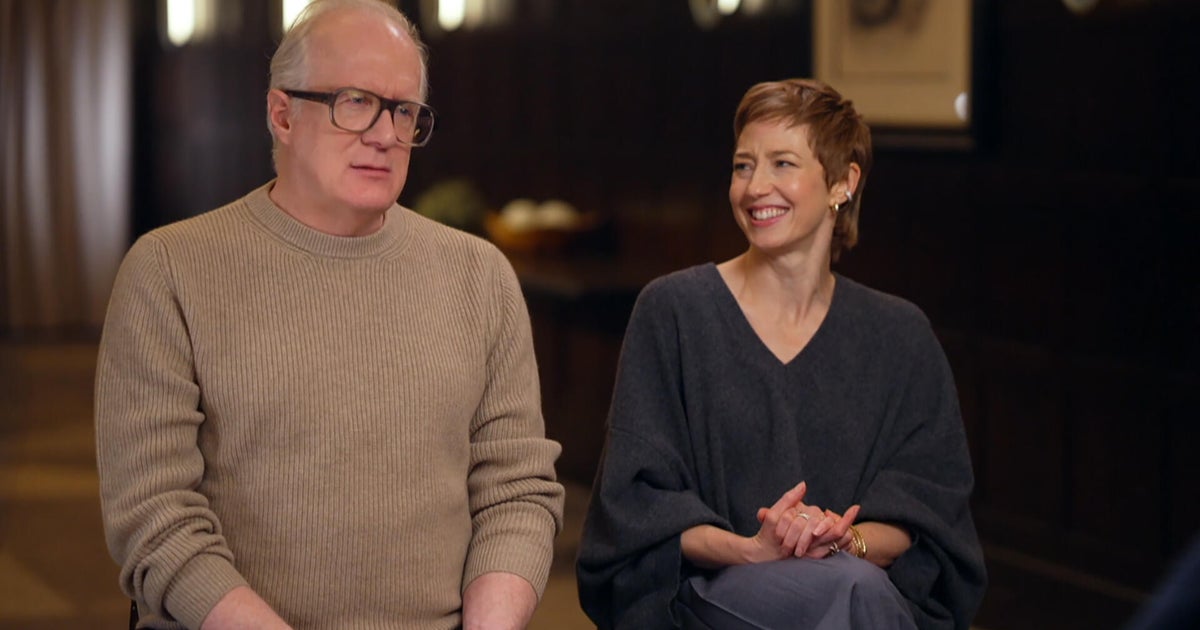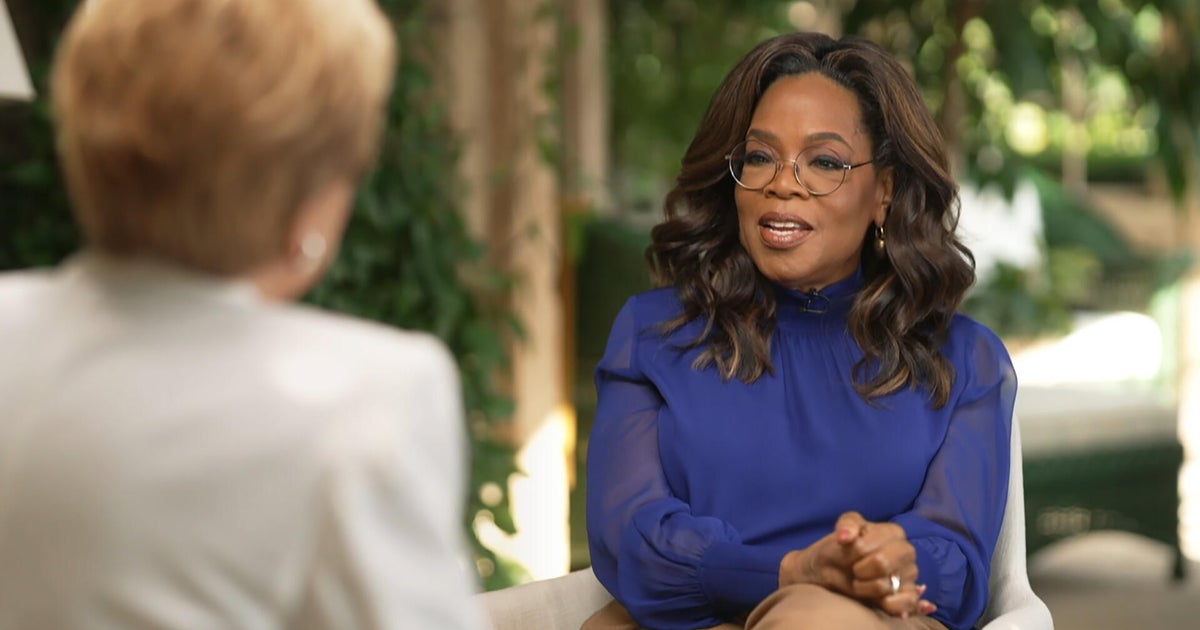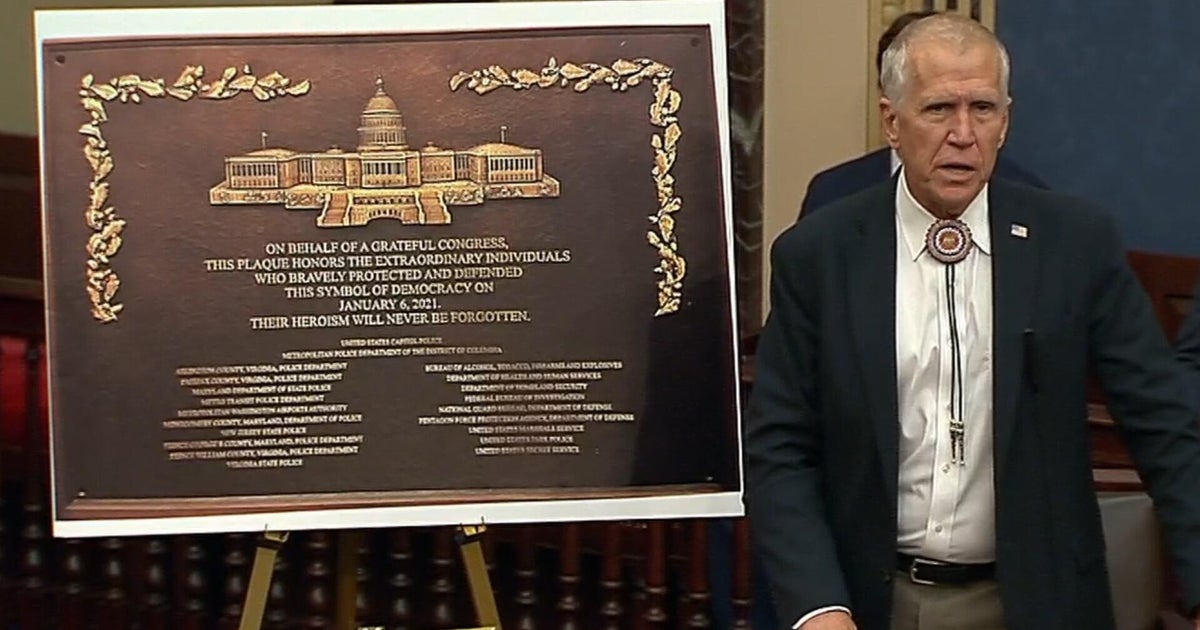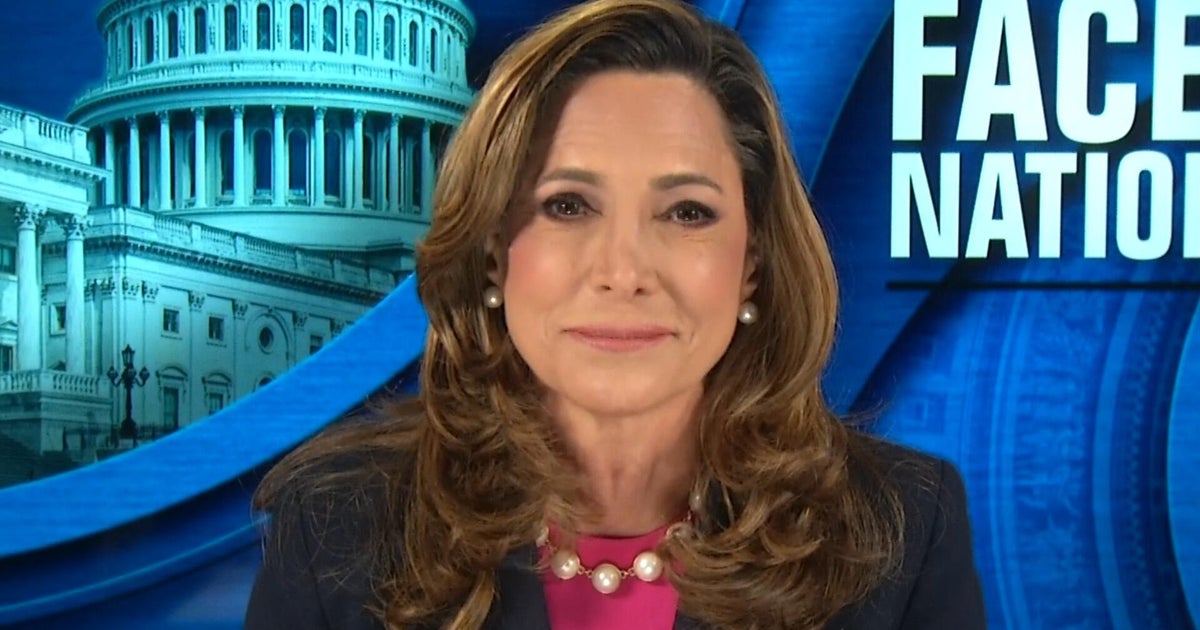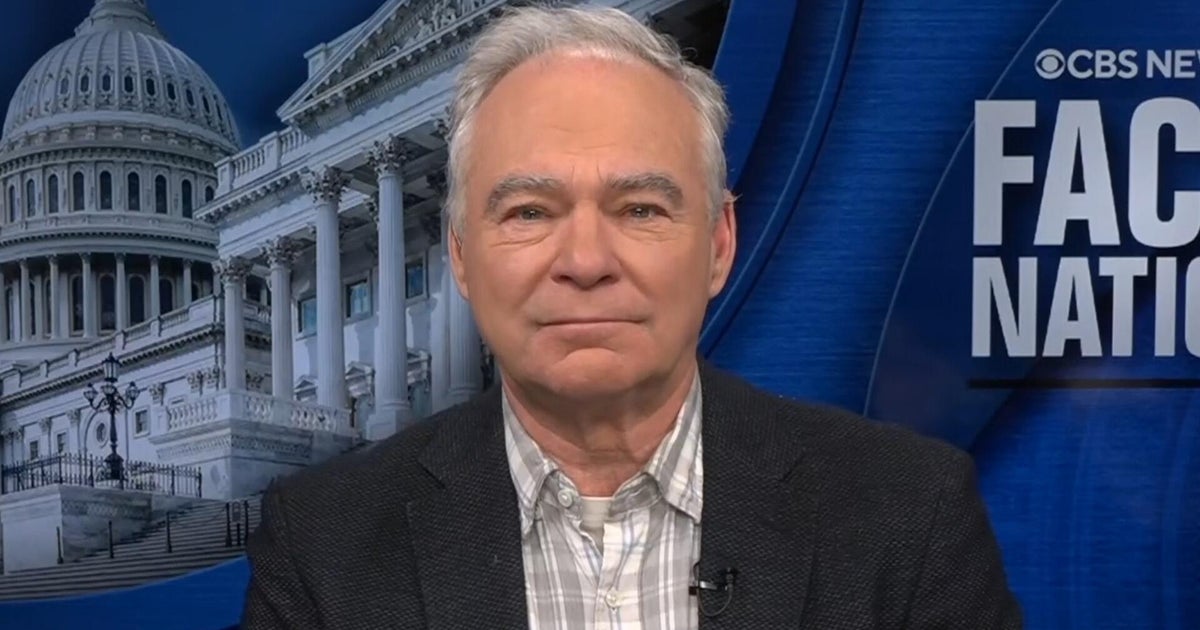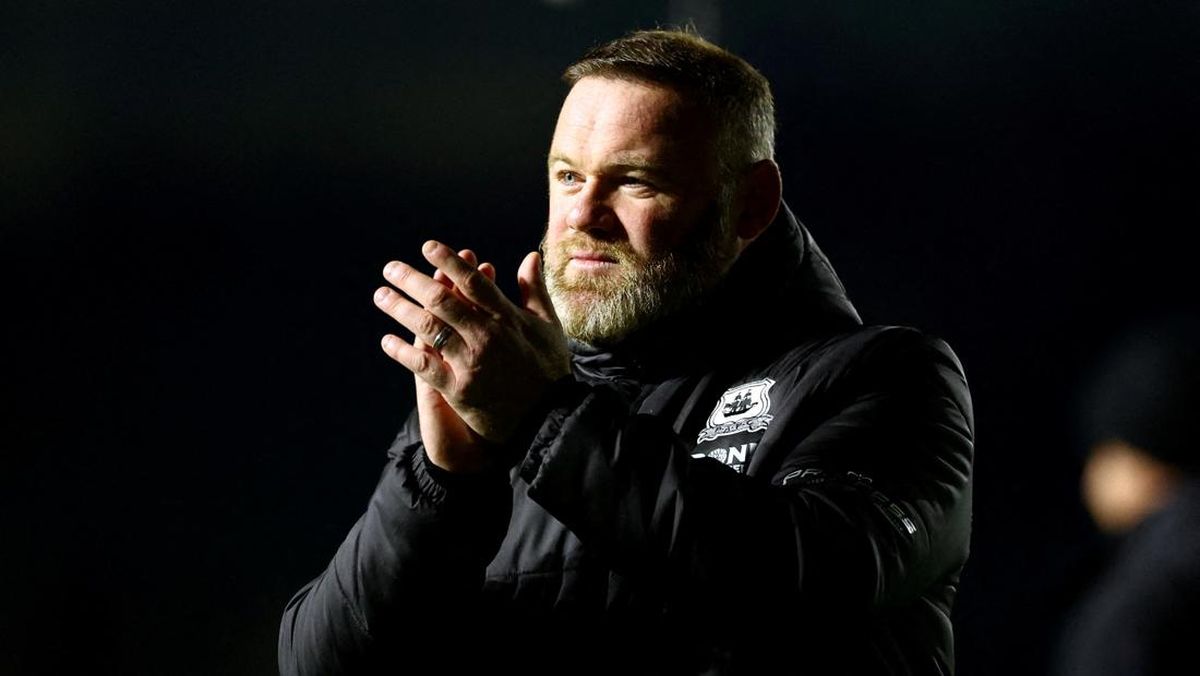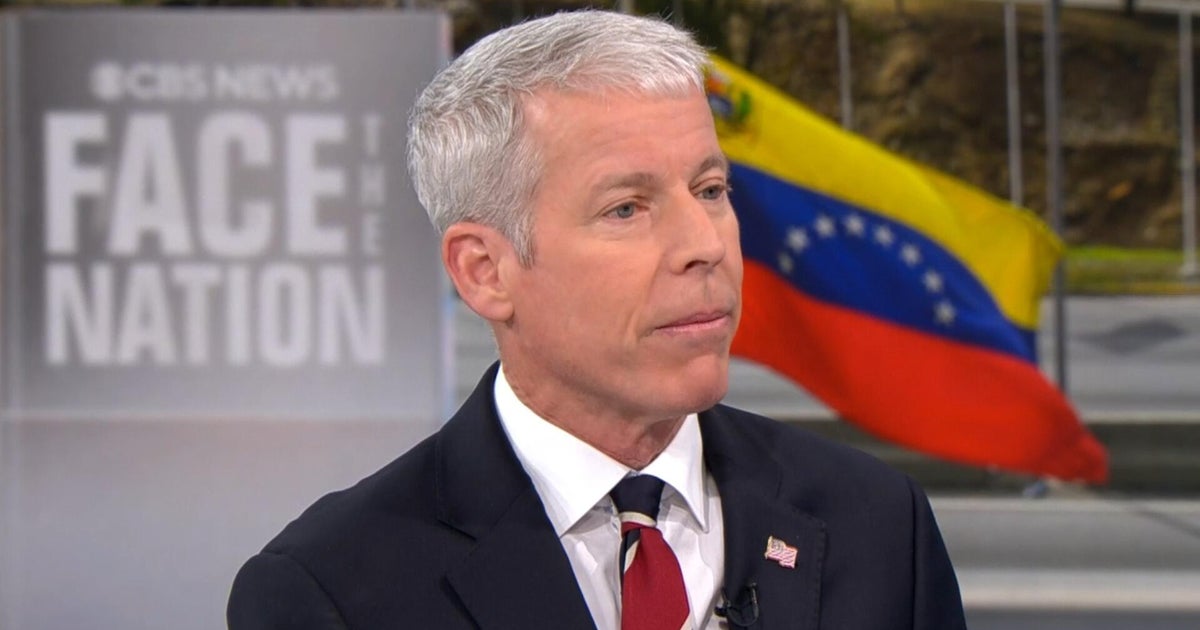To understand the massive global appeal of Australian podcasters Toni Lodge and Ryan Jon Dunn, consider this: last year, more than 1000 fans turned up to their third birthday party – with less than 24 hours’ notice – at a pub in London. Most were from England but some travelled from Wales, France, the Netherlands and Italy.
“We’d been dropping clues, and the last clue went out the day before,” Dunn says. “If you figured it out and you were living in Adelaide, you probably weren’t going to be on the other side of the world the next day. So we gave ourselves a pep talk and said, ‘If we get 15 people, we’re doing well; we’ll still have a cracking time.’”
When Lodge and Dunn arrived one hour early, they were shocked to find 300 listeners already waiting for them. “We just looked at each other and said, ‘Obviously, we’re staying’,” Lodge recalls. “I mean, people flew there. They actually flew.”
Dunn adds: “I was running down the line with drink tokens, telling everyone that we wouldn’t go home until we’d had the chance to take a photo and say hi to every single person.”
This isn’t the only time they’ve drawn a crowd. Once, they had 1500 fans – affectionately known as “TARPers”, which stands for “Toni and Ryan podcasters” – attend a Women’s Ashes match at the Melbourne Cricket Ground. Each guest accepted the challenge of dressing in Lodge’s signature stripy top and glasses. Some even cut their fringes to match hers.
“The thing about existing online is that you see all these [audience] numbers, and they start to not mean anything after a while,” Lodge says. “Then you see a thousand humans in the same place and it’s amazing.”
When she and Dunn hosted their first TARP-a-thon – in which they livestreamed themselves over 24 hours while confined to the same room – 11 American fans decided to rent an Airbnb in North Carolina to watch the event together.
“None of them knew each other beforehand,” Dunn says. “They started out as strangers and became friends; they’ve even been to each other’s weddings. And I love the fact they ended up not watching the livestream because they were all in the hot tub having the time of their lives.”
The duo – who launched their podcast from Melbourne in 2021, in the middle of a brutal COVID lockdown – estimate that almost 70 per cent of their audience is overseas, mostly in the US, UK, Canada and New Zealand. Earlier this year, they travelled to New York to attend The Webby Awards, which recognise excellence on the internet. Lodge and Dunn took home the “People’s Voice” trophy after securing more than half the votes in that category. (Naturally, they had a queue of New York-based TARPers lining up to meet them.)
“I was shocked but I was also stoked. No one had ever said anything back to me before.”
Toni Lodge on Ryan Jon DunnBut how did a couple of hitherto-unknown Aussies cultivate an international following via a podcast that now has 2.2 million monthly downloads?
It all began at Kiis FM in Melbourne, where Dunn hosted a summer fill-in show and Lodge, a qualified sound engineer, worked as “a lowly audio producer”. When they first met, Dunn asked, “How are you?”
“I’ve actually got this huge pimple on my vagina,” she replied. “It’s so sore, I can’t think about anything else.”
Soon after, Lodge overheard an employee talking about their mother. “How nice for you,” she remarked. “My mum is actually dead.”
Dunn, who is adopted, chimed in with a joke: “Well, at least you got to meet yours.”
Everyone in the room fell silent, including Lodge. “I was shocked,” she says, “but I was also stoked. No one had ever said anything back to me before, but Ryan was just like, ‘Pleasure doing business with you.’ It was sort of like a comedy test; it proved that we both like dark humour.”
As their first working week drew to a close on a Friday morning, they headed for the pub, where they shared a jug of sangria. (Mid-morning drinking is “quite normal in breakfast radio”, Lodge explains, “because 11am is the equivalent of 5pm”.) What started out as lunch turned into a 12-hour session, and their friendship was cemented.
Impressed by Lodge’s comedic talents, Dunn agreed to record some video reels together, to aid in her auditions for radio hosting jobs.
“We started posting on TikTok and people were leaving comments like, ‘Where’s your show?’” he says. “We replied to the first one, saying that we don’t have a show, but by the 25th comment we were like, ‘Are we insane for not doing this?’”
So the Toni and Ryan podcast was born.
At the time, Dunn was presenting the 9am to 3pm shift on Kiis while Lodge had taken a corporate job. This left only the weekends to work on their podcast, in which they converse about pop culture and everyday life.
“We’d jump on the phone on a Friday night and plan the show, then on Saturdays, we’d record all four episodes,” Lodge says.
“Then Toni would spend all day Sunday editing the audio,” Dunn adds, “while I’d do the video and social media. We did that for one year.”
TAKE 7: THE ANSWERS ACCORDING TO TONI AND RYAN
- Worst habit? Toni: Worrying – and then worrying about worrying. Ryan: Eating bread and milk when I’m not supposed to have gluten or dairy.
- Greatest fear? Toni: I have such a great life, so the thought of not having that is awful. Ryan: Snakes.
- The line that stayed with you? Toni: “It’s not that deep”, in the sense that nothing really matters. Ryan: “Actions speak louder than words.”
- Biggest regret? Toni: Wasting time on what other people think. Ryan: Paying off the HECS debt for my accounting degree.
- Favourite book? Toni: Any fiction by Sally Hepworth, and I love cookbooks, especially those by Alison Roman and Matty Matheson. Ryan: Creativity, Inc. by Ed Catmull – he co-founded Pixar.
- The artwork/song you wish was yours? Toni: The song Intro by The XX; there are tears every time I listen to it. Ryan: That ‘Pam the Bird’ graffiti that’s popping up everywhere in Melbourne.
- If you could time travel, where would you go? Toni: Back in time to spend one more day with my mum, just hanging out at the beach. Ryan: To re-live that first hour with my daughter, Mabel, after she was born. I was adopted, so I never knew what it was like to live in a house with someone who shares the same blood as me.
It was exhausting, but rewarding. “It didn’t matter how hard it was,” Lodge says. “We were both just so happy to be doing it.”
Given the success of their podcast, it made sense to quit their day jobs so they could devote themselves to it fully. Still, they were apprehensive.
“We found out that a payment we thought would be coming in was going to be delayed by a week,” Lodge says, “so I got on the phone to my partner, who was doing our food shopping, and said, ‘Get out of the butcher! We can’t afford it; you need to go to Coles and buy the cheapest meat you can find.’”
Needless to say, Lodge no longer subsists on reduced-for-quick-sale beef cuts. Now, she and Dunn have two full-time staff in their groovy warehouse headquarters, with support from several freelancers.
Loading
Although they are often described as podcasters, the pair actually run a multimedia operation that spans TikTok, YouTube, Instagram, Facebook, various audio streaming services, a website and an optional Patreon subscription. (While their content remains free, a subscription includes perks such as a personal reply from Lodge to every message.) Not only do these platforms allow them to reach a global audience, they help maintain their connection to TARPer communities around the world.
And they are genuine communities: earlier this year, a group of TARPers banded together to transport a gift, relay-style, from Melbourne to Penrith to give to a fan with an intellectual disability.
Unsurprisingly, the hosts’ rapport with listeners has prompted lucrative offers from commercial radio – all of which they have knocked back.
“The thing we always come back to is, ‘How does this serve the TARPers?’,” Dunn says. “If you take a show that’s currently available any time and anywhere in the world, then you only make it available between 6am and 9am in Sydney, you’re alienating 98 per cent of the TARPers.”
Lodge agrees.
“When I was a kid, if someone was moving house, it was totally normal for everyone to help out, then you’d all have a barbecue afterwards,” she says. “These days, you’re more likely to go, ‘I’ll just pay a removalist so I don’t bother anyone.’ But I think people still have a real need to feel like they’re part of something. And a lot of TARPers have said that they never really felt included or welcomed until they became part of this community.”

